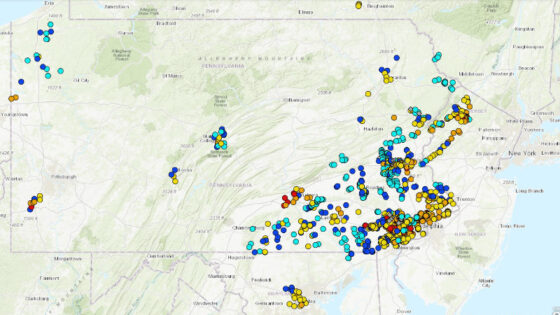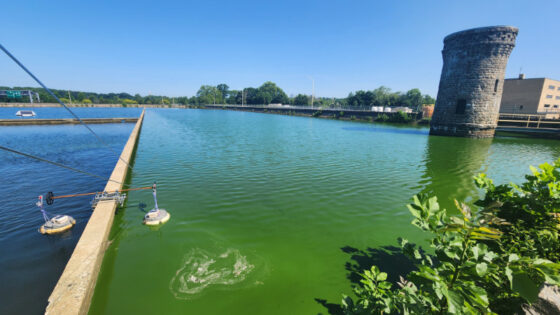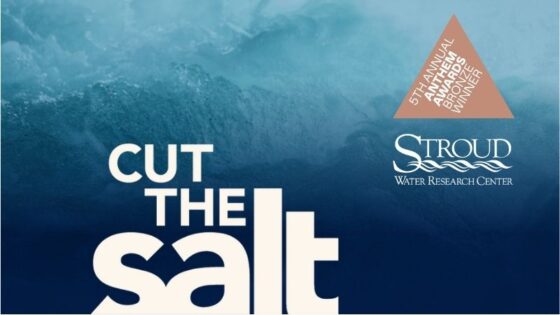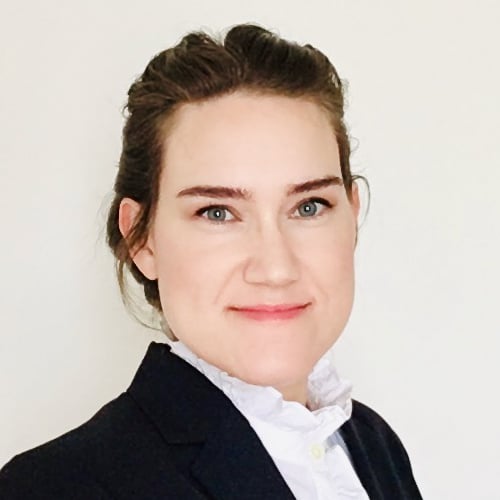
Nicole Wickenhauser has both the meditative grace and the steady determination one would expect of a runner and many-time marathoner. She qualified for and ran the Boston Marathon, but it was her time running the much smaller Lewis and Clark Marathon that she’s most proud of. “I remember there was a little girl along the side, towards the end. This was a small race and apparently not many other women had crossed that point yet. She said, ‘Look, mom, there’s a girl!’”
Wickenhauser’s passion for gender equity found a new focus when, through her work with Water.org, she saw the daily struggle many people, especially women and girls, face to access water to meet basic needs.
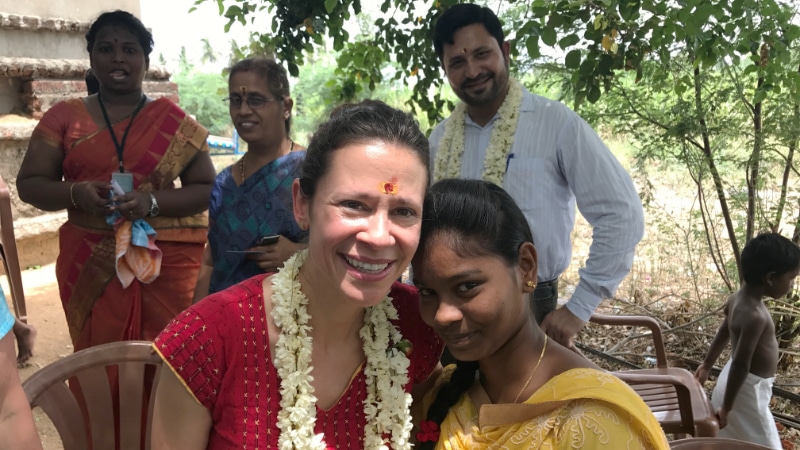
In Bangladesh, she recalls, “I saw mothers and girls waiting in line for hours to fetch water from public hand pumps. You’d have these very long lines, and the water would only be available for so long. You don’t know if there will be any water left in three hours when you reach the front of the line.” She explained that girls miss out on school because they spend their days gathering water, emphasizing, “It’s a women’s issue.” Culturally, the burden falls on them.
She also saw women scrubbing laundry in a river alongside a bustling highway — the same river in which people were going to the bathroom and bathing. “Children have skin conditions because of contact with contaminated water. It’s just mind-boggling that today simple diarrhea is one of the largest killers of children under five in developing countries. It’s completely unacceptable.”
As the director of strategic alliances at Water.org, a nonprofit co-founded by actor Matt Damon and entrepreneur Gary White, Wickenhauser built strategic partnerships with domestic and global foundations and corporate funders to provide financing directly to families living in poverty, allowing them to access safe drinking water in their own homes. Under her nearly 15-year fundraising tenure there, revenue grew from less than $2 million to $30 million. She did that by connecting funders to projects that deeply resonated with their unique interests.
Wickenhauser says she hopes to be part of a similar trajectory of impact at Stroud Water Research Center. She joined the Stroud Center in May as the new director of development.
“We have so much potential as an organization. We are doing incredible work. We have over half a century of expertise in fresh water. The Stroud Center is right in the bull’s-eye of the most critical issues facing our world: climate change, food security, access to safe water, energy — our work touches all of them, so I feel like we have the potential to make step-change growth over the next few years.”
That will involve doing what she calls one of the most important things anyone can do: connecting people to their purpose and passion — and then giving them a way to take action.
Water and service to others, it would seem, are in Wickenhauser’s DNA. Her father was a doctor. Her mother, an ESL teacher and St. Vincent de Paul volunteer. Her paternal grandfather, Edward Ross, was a freshwater chemist and inventor.
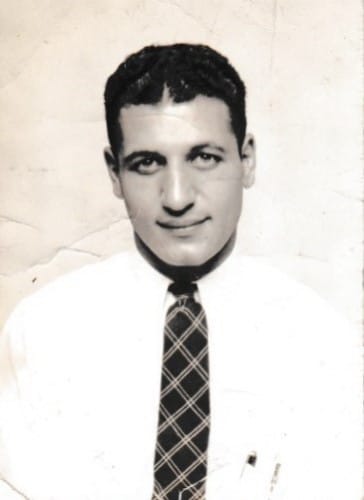
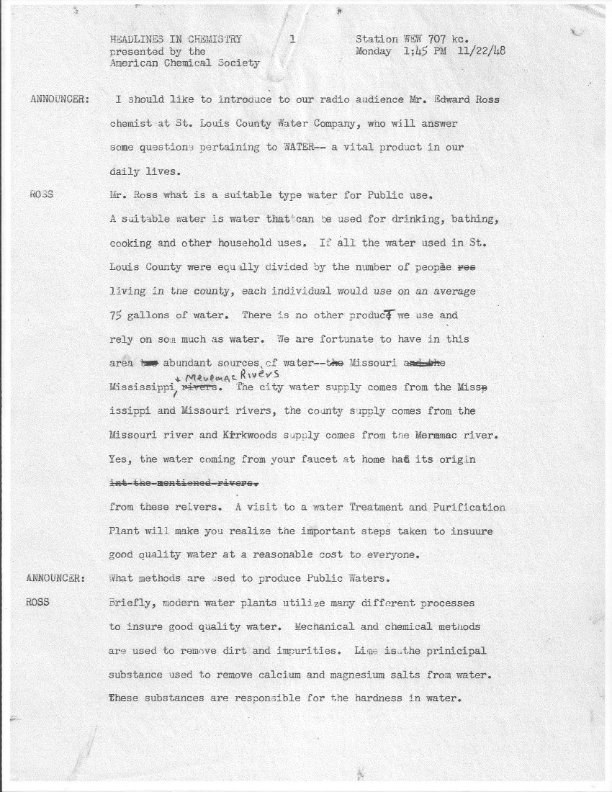
Raised Catholic in St. Louis, Missouri, Wickenhauser says, “I grew up feeling like an important part of life was making the world a better place and caring for others. When I learned about the water issue, I felt like there just couldn’t be another issue that has a greater impact than water.”
As it is for so many, water is a source of not only inspiration for Wickenhauser, but also leisure: “There’s nothing like being underwater or playing in the waves and splashing around on a summer day. It’s the most wonderful thing.” In her free time, when she’s not running laps around her neighborhood park, dragging her rescue dog, Beethoven, along with her, she and her family often enjoy time outside, hiking, fishing, or swimming.

